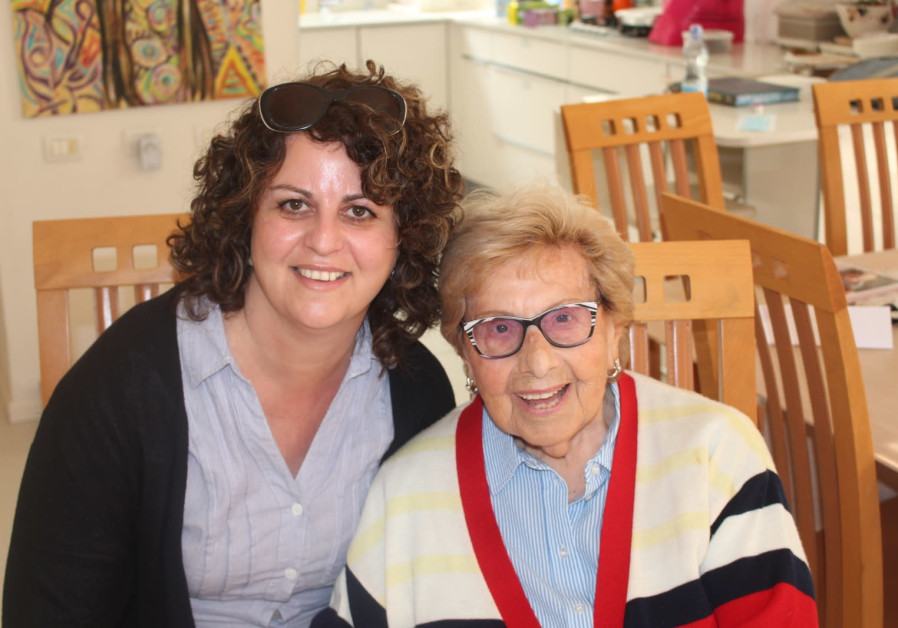Parents of pregnant woman, bride, others denied entry to Israel
if(window.location.pathname.indexOf(“656089”) != -1){console.log(“hedva connatix”);document.getElementsByClassName(“divConnatix”)[0].style.display =”none”;}
 Nicole Grubner. (Credit: Courtesy)
Nicole Grubner. (Credit: Courtesy) Ettie Stein, 95, and her granddaughter Mandi Brandriss. (Credit: MANDI BRANDRISS)
Ettie Stein, 95, and her granddaughter Mandi Brandriss. (Credit: MANDI BRANDRISS)




Comments are closed.